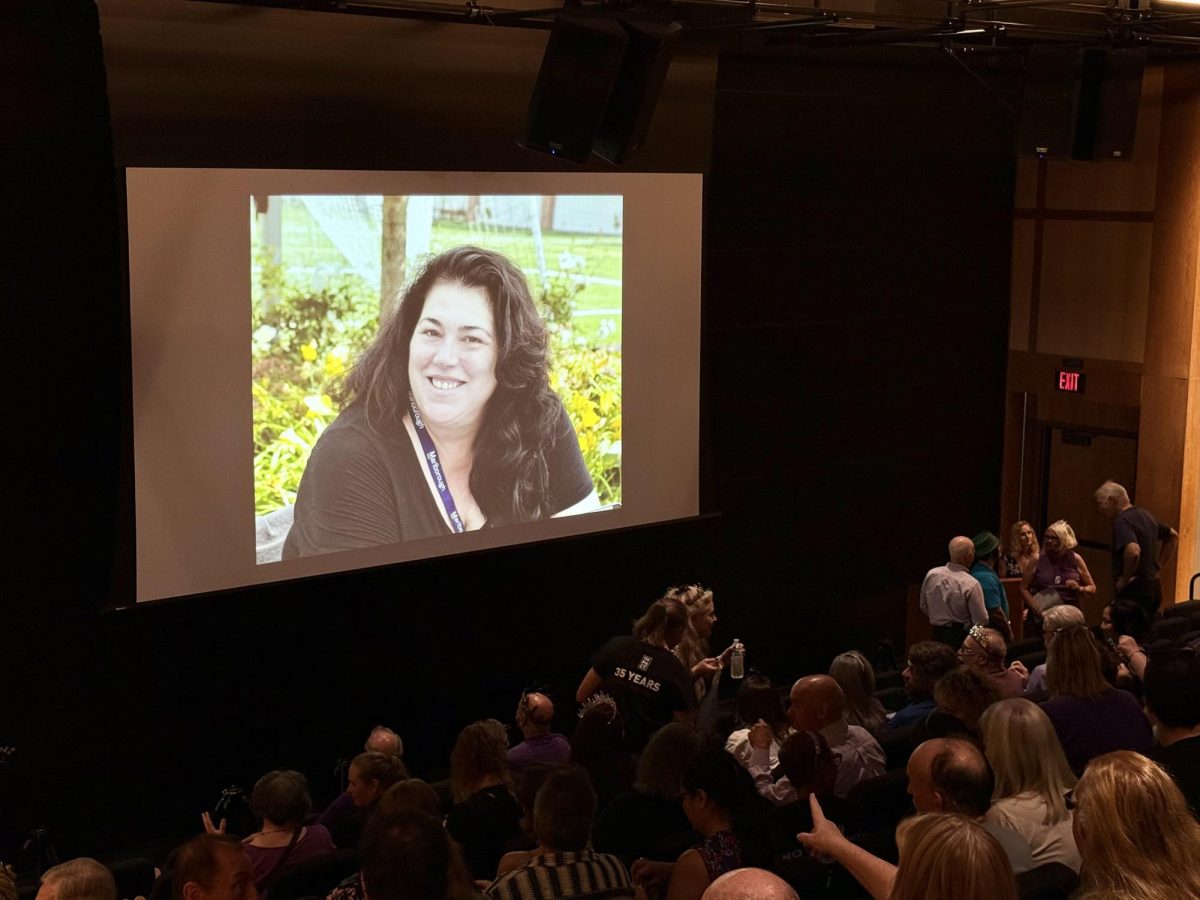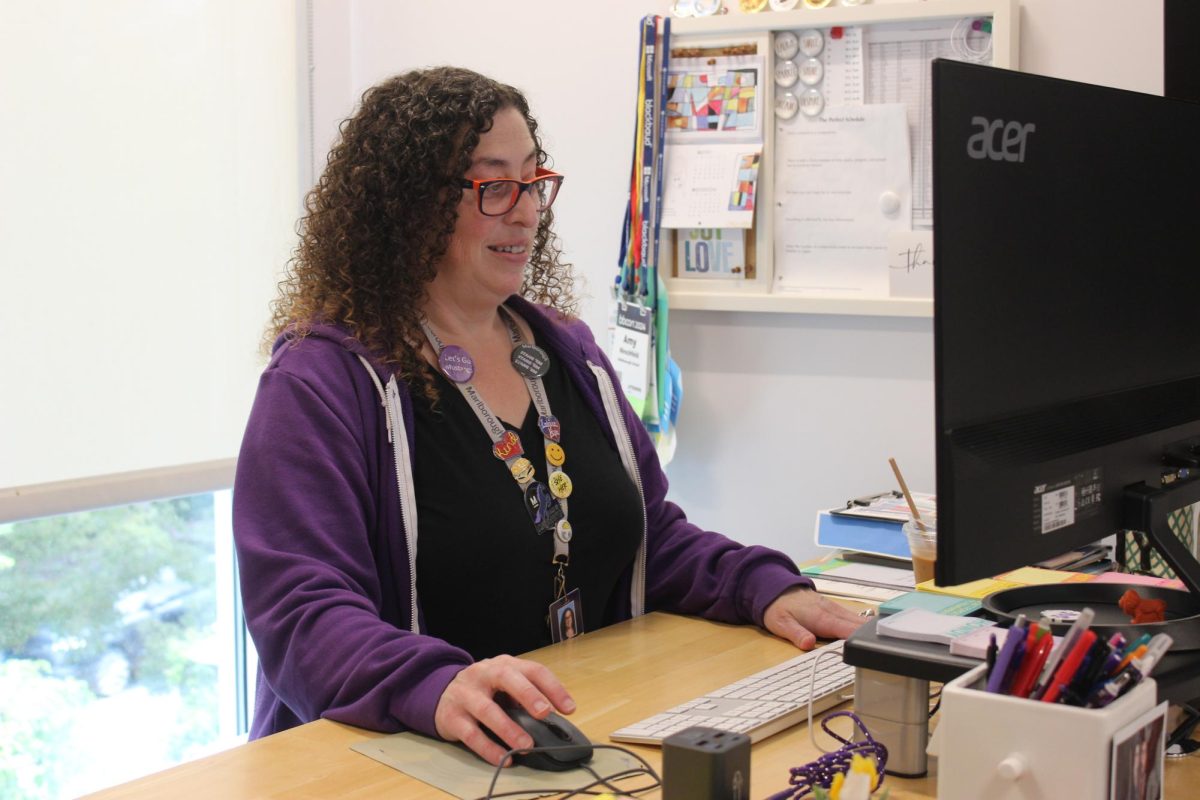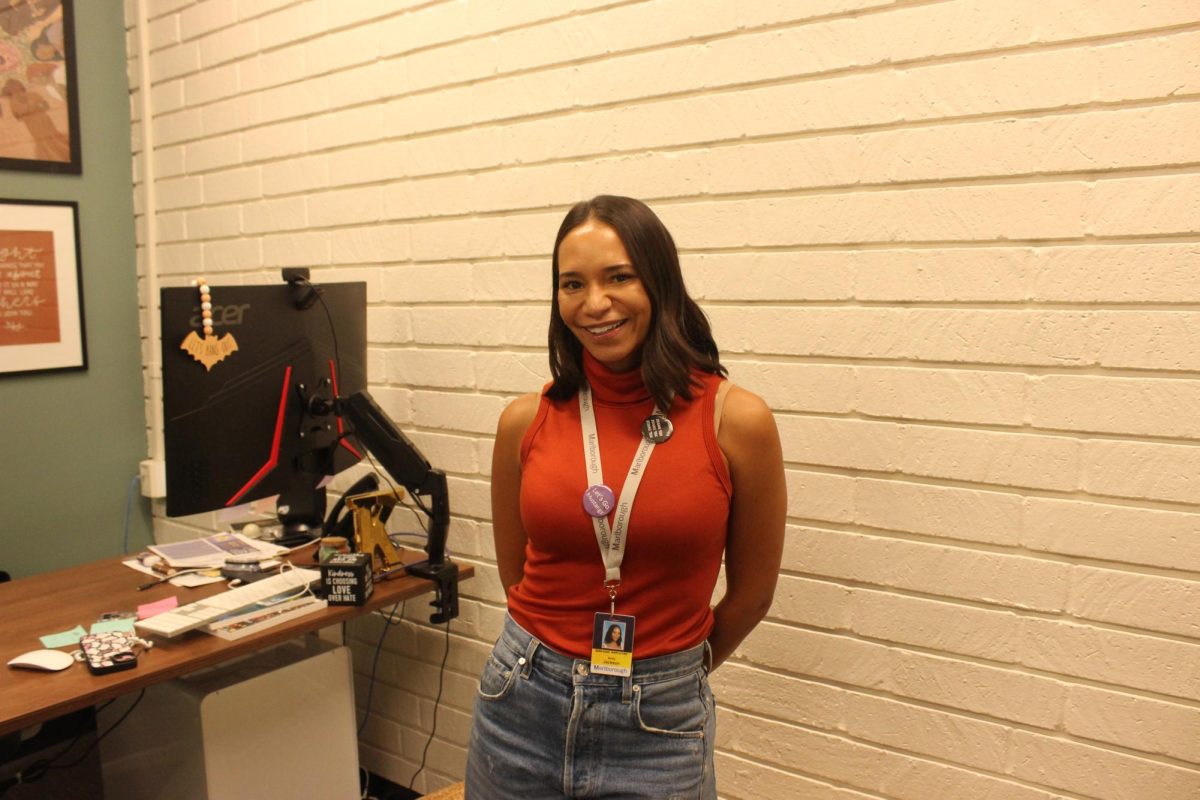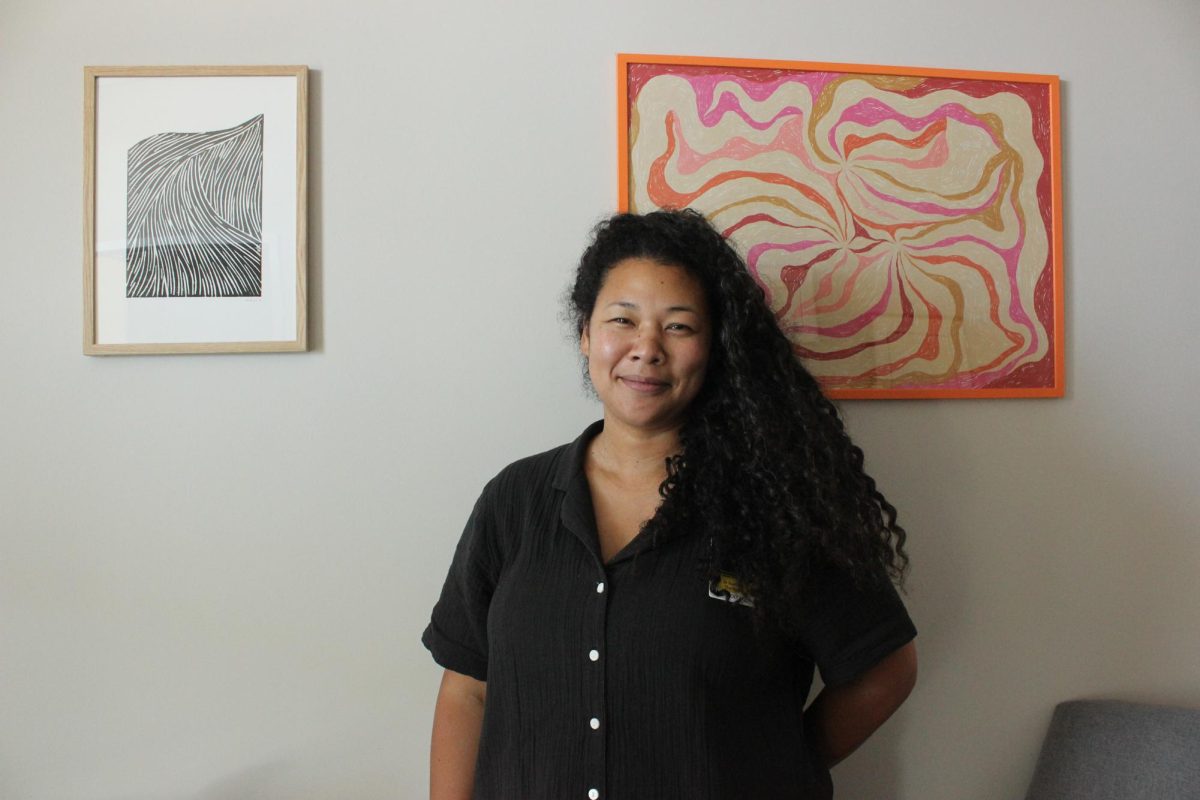
In early October, just weeks before the November/December issue of Verily Magazine reached shelves, Press Release Manager Ashley Crouch informed readers that the magazine never uses Photoshop to edit the faces or bodies of the models featured in its pages. Her statement forces other popular magazines to consider limiting their use of Photoshop on models.
“We believe strongly in the need for a meaningful media for women that helps uplift and affirm them through authentic beauty,” Crouch wrote via email.
Photoshop can be used in a variety of ways, from applying virtual makeup to contouring bodies to changing cheekbone structure. As Self-Defense instructor Heidi Hornbacher explained, not even the model herself looks like the Photoshopped person in the ad.
“If the only thing girls are seeing are women with unattainable bodies and unattainable faces, it can’t help but make [them] feel that [they] aren’t good enough,” Hornbacher added.
Current American Apparel model Megan ’11 remarked that she doesn’t think using skinny models is a problem in advertising, but the issue lies in the frequency with which skinny models are featured.
“The problem with the fashion industry and magazines is not that there are very skinny models, it’s that there are only very skinny models. There needs to be variety. There need to be women that girls can point at and say ‘Hey, that’s how I look!’” Megan wrote via email.
An increase in the popularity of Photoshop has caused other application designers to invent apps such as SkinnyCam, PicMonkey and Perfect365 that allow anybody to alter the shape of their bodies or add makeup to images.
“I have a friend who won’t post a picture on Instagram, or let me post one of her, without making herself look skinnier,” said Joan*.
The debate over using Photoshop in magazines and ads began when the editing software was first released in March 1989, but protests have grown exponentially in the past two years.
On May 2, 2012, 14-year-old Julia Bluhm led a group of friends in protest outside the Seventeen office; with an online petition signed by 25,000 people, Bluhm demanded that the magazine change its Photoshop policy. After the petition accumulated over 80,000 online signatures, Seventeen agreed to have its entire staff sign an eight-point Body Peace Treaty. The magazine agreed not to alter a model’s natural shape and to only include images of “real girls and models who are healthy,” according to National Public Radio.
Glamour magazine’s Editor-in-Chief Cindi Leive also released a statement to the New York Times in 2012 saying, “[Glamour] will be asking photographers we hire not to manipulate body size in the photos we commission, even if a celebrity or model requests a digital diet.”
Seventeen and Glamour have taken the first step toward change by limiting Photoshop use, but their policies only apply to the pictures that Glamour or Seventeen staff photographers take; both magazines continue to publish stock photographs and advertisements that have been professionally Photoshopped.
“It would take somebody really brave to stand up and say they have the same policy for their models and their advertising,” Hornbacher said. She added that making that sort of shift in the world of advertising would cause a much larger change than just changing magazines’ policies.
Verily is paving the way to a larger change: their issues don’t include ads, and therefore the magazine does not rely on “selling sex” to increase profit. Their dedication to supporting body confidence makes many believe that Verily is the trailblazer in changing the way media depicts women.
“We understand the power of images to inform women of their worth and identity, and always want our publication to celebrate the best of who we are as women,” added Crouch.
Megan said that American Apparel is one of the few companies that prefers its models to look healthy and fit rather than the standard too-skinny. She remembered one time, during the beginning of her modeling career, when she got ill and lost weight, and her photographers asked her to eat more to gain back the weight she had lost.
“I think that was one of the [first] moments when I really felt like it was okay to be myself,” Megan recalled.
Crouch said that the Verily team hopes its policy encourages other magazines to make a similar change.
“We’ve seen a huge positive response, not only from our long-standing readers and supporters, but also the many new readers—men and women alike—who applaud our stance to uphold authentic beauty for women,” she concluded.






